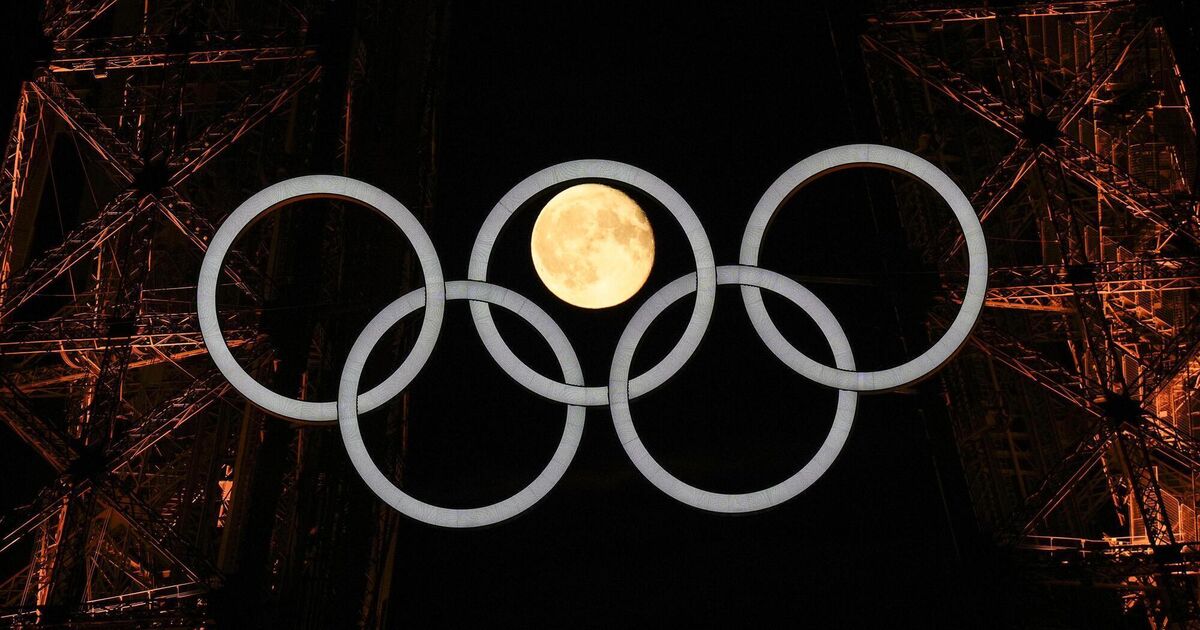From the opening ceremony this Friday until Sunday, August 11, around 10,000 god-like athletes and an estimated 10m mere mortal visitors will converge on Paris for the 33rd Summer Olympic Games
, the first time the City of Light has hosted since 1924.
The French capital secured the 2024 Olympics eight years ago, after decades of failed bids, including a stinging loss to London 2012. Having seen multiple Games come and go, Team Paris had plenty of opportunity to witness their legacies.
After seeing others splurge on fancy new stadiums and arenas, Paris decided to do things a little differently. There is no main stadium built from scratch, no novelty structures — instead events will take place across the city.
The main athletics events will be held at the Stade de France, the country’s largest stadium which hosts its national teams, on the northern outskirts of Paris.
But there will be 15 Olympic and 11 Paralympic venues in existing buildings across the city. These include the swimming at the La Defence Arena, gymnastics at the Berov Arena, cycling at the Pont d’Iena, and — rather excitingly — youth events in the Parc Urbain at the Place de La Concorde. It will also host 3×3 basketball, street and park skateboarding, BMX freestyle, and the newest sport at the Games, breaking.
Paris has done some building, though. Around 80% of its relatively modest €7bn budget has been spent on its two key construction projects — the Olympic Village and the aquatics centre — in Seine-Saint-Denis.
There are a dizzying number of medal events — 329, across 32 sports — with the first medal expected in shooting on July 27 and the last for the women’s basketball on 11 August.
All eyes will be on the US gymnastics superstar Simone Biles, who — at 27, and after a decade at the top of her sport — prepared for Paris by cruising to a ninth US national title. Everyone will be cheering for the Ukrainian fencer Olga Kharlan, and her compatriot Yaroslava Mahuchikh, a high jumper. The home nation will be looking to watching their favourite Léon Marchand in the pool, while 19-year-old Oriane Bertone is one of the world’s top female climbers. They also happen to have an all-time basketball great in the making, in the 7ft 4in form of Victor Wembanyama.
 Michaela Corcoran during the Team Ireland canoe slalom training session at Vaires-Sur-Marne Nautical Stadium. Picture: Stephen McCarthy/Sportsfile
Michaela Corcoran during the Team Ireland canoe slalom training session at Vaires-Sur-Marne Nautical Stadium. Picture: Stephen McCarthy/Sportsfile
Team Ireland is a 133-person team, across 14 sports. The Olympic Games in Paris 2024 boast a 50/50 gender balance, and the Irish team almost replicates this with 64 female athletes and 69 male athletes — a 48/52 balance.
The counties with the largest representation are Dublin (34 athletes), Cork (16 athletes), and Down (14 athletes).
History will be made this year by marathon runner Fionnuala McCormack when she becomes Ireland’s first female athlete to compete in five Olympic Games. Equestrian athletes Cian O’Connor and Austin O’Connor will become four-time Olympians.
 Harry McNulty during the Team Ireland Rugby Sevens captain’s run at the Parc Départemental des Sports de Marville. Picture: David Fitzgerald/Sportsfile
Harry McNulty during the Team Ireland Rugby Sevens captain’s run at the Parc Départemental des Sports de Marville. Picture: David Fitzgerald/Sportsfile
There will be seven three-time Olympians, including Olympic champion Paul O’Donovan. Thomas Barr, Ciara Mageean, Mark English (all athletics), Leona Maguire, Stephanie Meadow (both golfers) and Shane Ryan (swimming) complete the list.
The youngest team member is Grace Davison (swimming), at 16.
 Grace Davison during a Team Ireland Paris 2024 Aquatics team training session at the National Aquatic Centre on the Sport Ireland Campus in Dublin. Picture: Seb Daly/Sportsfile
Grace Davison during a Team Ireland Paris 2024 Aquatics team training session at the National Aquatic Centre on the Sport Ireland Campus in Dublin. Picture: Seb Daly/Sportsfile
The French — in the wake of its own political earthquake, and with the backdrop of heightened global geopolitical tension — have decided to put on a madly ambitious show which will, for the first time in Olympic history, take place outside a stadium setting.
The 10,500 athletes will cross through the centre of Paris in a 3.5-mile boat parade along the Seine, culminating in front of the Trocadéro on the opposite side of the Seine from the Eiffel Tower. Originally the plan was to give free tickets to 600,000 members of the public, but now there will be a mere 300,000 invited guests.
After Tokyo 2020 — which finally happened in 2021, against the backdrop of protests, with no spectators — Paris hopes to reignite the sense of communion the Games can create.
– Guardian
